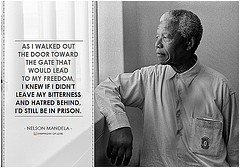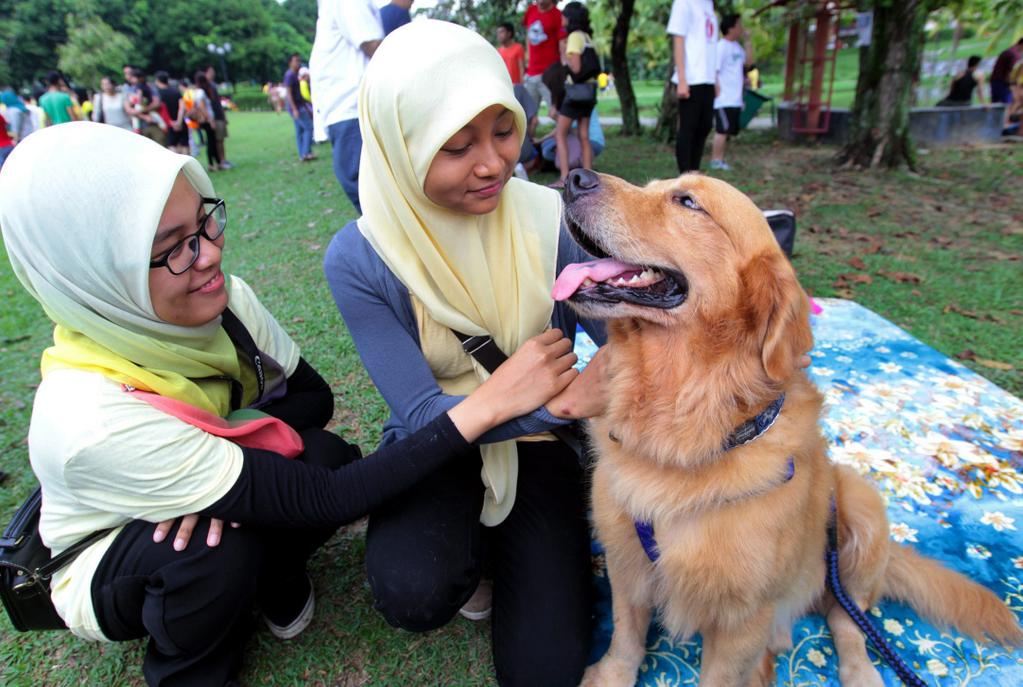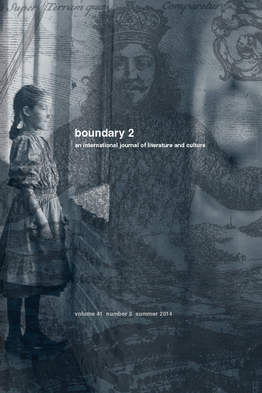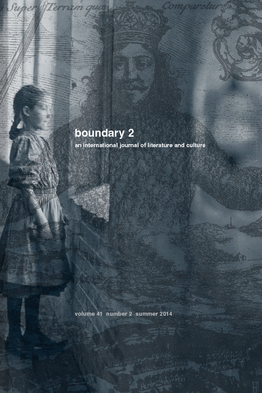At secondary school in Singapore in the mid-1980s, we read Alan Paton’s Cry, the Beloved Country. One word I will always associate with that novel is shantytown. The teacher told the class that shantytowns “were sort of like our kampongs.” But I knew even then that a kampong was not the equivalent of a shantytown. Kampong is the Malay word for “village,” and it evokes the image of traditional wooden houses with atap roofs surrounded by coconut trees, now depicted in watercolor paintings and epochal postcards. The shantytowns of Paton’s novel, on the other hand, were makeshift shacks that black people had put up as a temporary solution to the housing shortage in Johannesburg. They were constructed out of metal sheets, cardboard, sacks, and other discarded materials. And they were disease-infested and crime-ridden.
With the coming of Chinese and Indian migrant labor to Singapore when it was a British colony, kampongs mushroomed all over the island, each flaunting their own ethnic character. There were Malay, Chinese, and Indian kampongs, but they were not the result of forced racial segregation.
I think I know what my teacher meant, though. To her, kampongs had that same run-down, squalid look of the shantytowns, not the look of modernity that the Housing Development Board of Singapore, postindependence, wanted to project with brand new high-rise residential flats. But unlike some of the white voices in Paton’s novel calling for South Africa to be divided into white and black areas, the Singapore government wanted to demolish the kampongs and relocate their residents to HDB flats where people of all ethnicities would live together.
It was also around this time that I began to hear the word apartheid more frequently. Nelson Mandela’s imprisonment for his fight to end apartheid was very much in the news. The newsreels showed scenes of livid Mandela supporters in the streets, pounding the air with their raised, clenched fists demanding his release. Singapore, where the Chinese migrant population had become the majority, had had its fair share of racial riots in the 1950s and ’60s. So to see what would be a repeat of Singapore’s worst nightmare made me sit up and pay attention. Apartheid was a new word for newsreaders, and there was some confusion over the way it was pronounced. Aparthighed, aparthayed, a-par-tide, aparteed, apart-hate. Apa tight. But that did not influence my sense of the uniqueness of the term.
Years later, Mandela took on a somewhat different significance, this time in neighboring Malaysia, a country where the ethnic mix was just like Singapore’s, except that in Malaysia the Malays were the majority, not the Chinese. Opposition leader Anwar Ibrahim, incarcerated on charges of sodomy and corruption, was being proclaimed the “Malaysian Mandela” after his release from prison in 2004.
Was Anwar not embarrassed by the comparison? Mandela was in prison for twenty-seven years, Anwar six. Most embarrassing of all, Mandela’s struggle and sacrifice eventually led to the end of apartheid. But did Anwar’s jail term eventually lead to the reformed, corruption-free Malaysia he claimed he so desired, in which there were no longer racial policies designed to benefit his own community, the Malays? Did it lead to an operation similar to mani pulite in Italy, which exposed corruption in connection with the wealth of the ruling class?
It is understandable why Anwar would be fashioned after Mandela. If a jailed activist can overthrow the government of his country, win the Nobel Peace Prize, and become premier of his nation, so can a Malaysian. Not just any Malaysian, perhaps, but Anwar Ibrahim. Moreover, “Malaysian Mandela” sounds much better and less resonant of a colonial mentality than “Malaysian Jimmy Carter.” Never mind that Mandela himself would have never called himself a “South African Anwar.”
Once in a while, educated Malaysians of all ethnicities, many of them Anwar supporters, will say that racialism in Malaysia is “apartheid-like,” even though Malaysians, like Singaporeans, have never known what it means to not be able to vote because of their race or to live in segregated areas. They seem to have been unable to come up with a suitable word to describe the political and institutional racism of their country.
What Nelson Mandela and the Afrikaans word most associated with him—apartheid—mean for Malaysia has, paradoxically, less to do with the nation’s race problem than with its lack of imagination as embodied in the personality cult effect of Anwar Ibrahim.
Unhappy, the beloved country that steals a hero.
-Masturah Alatas



